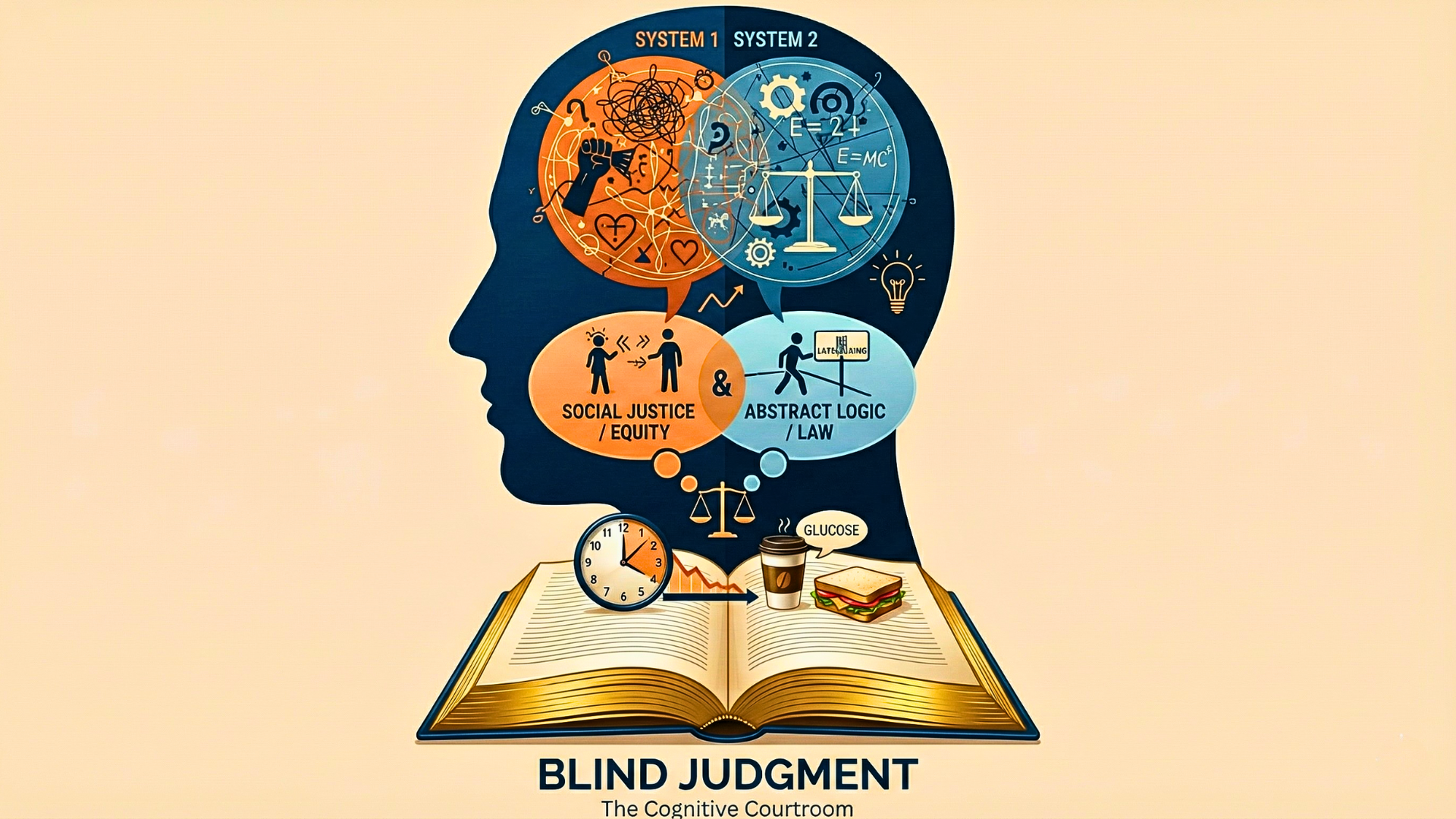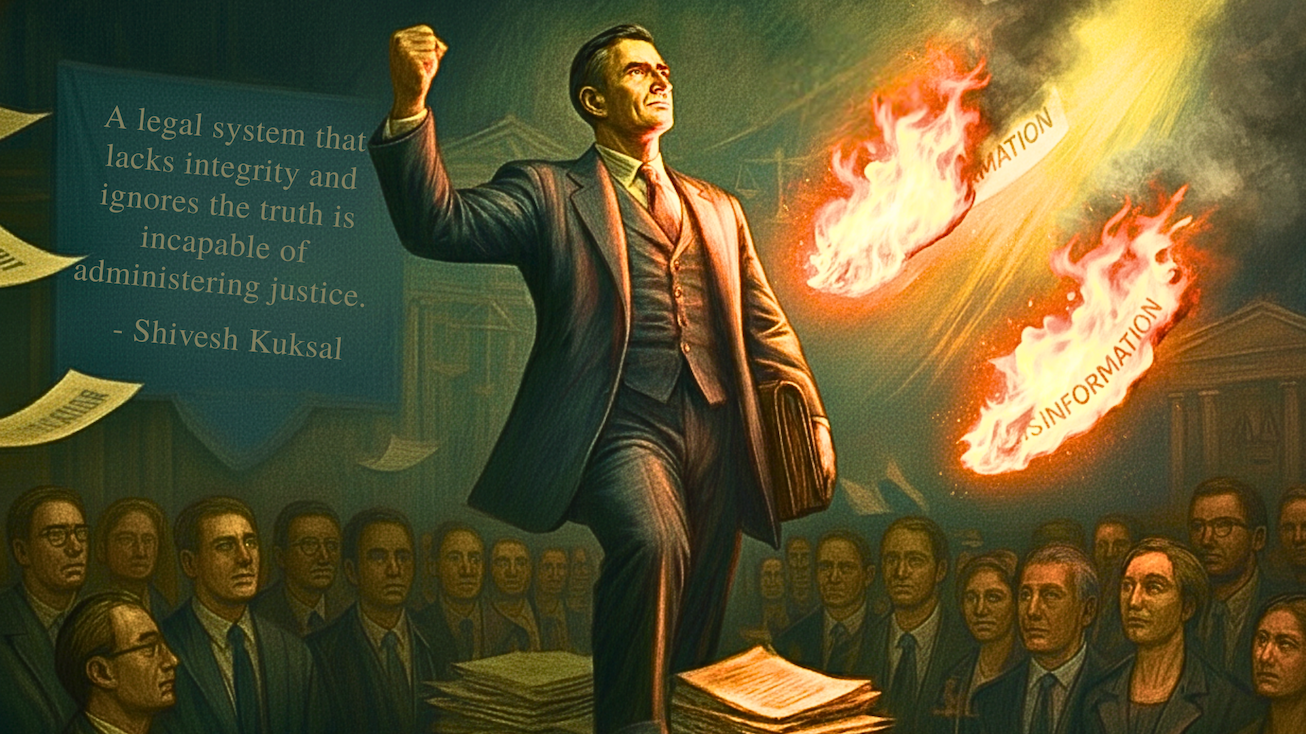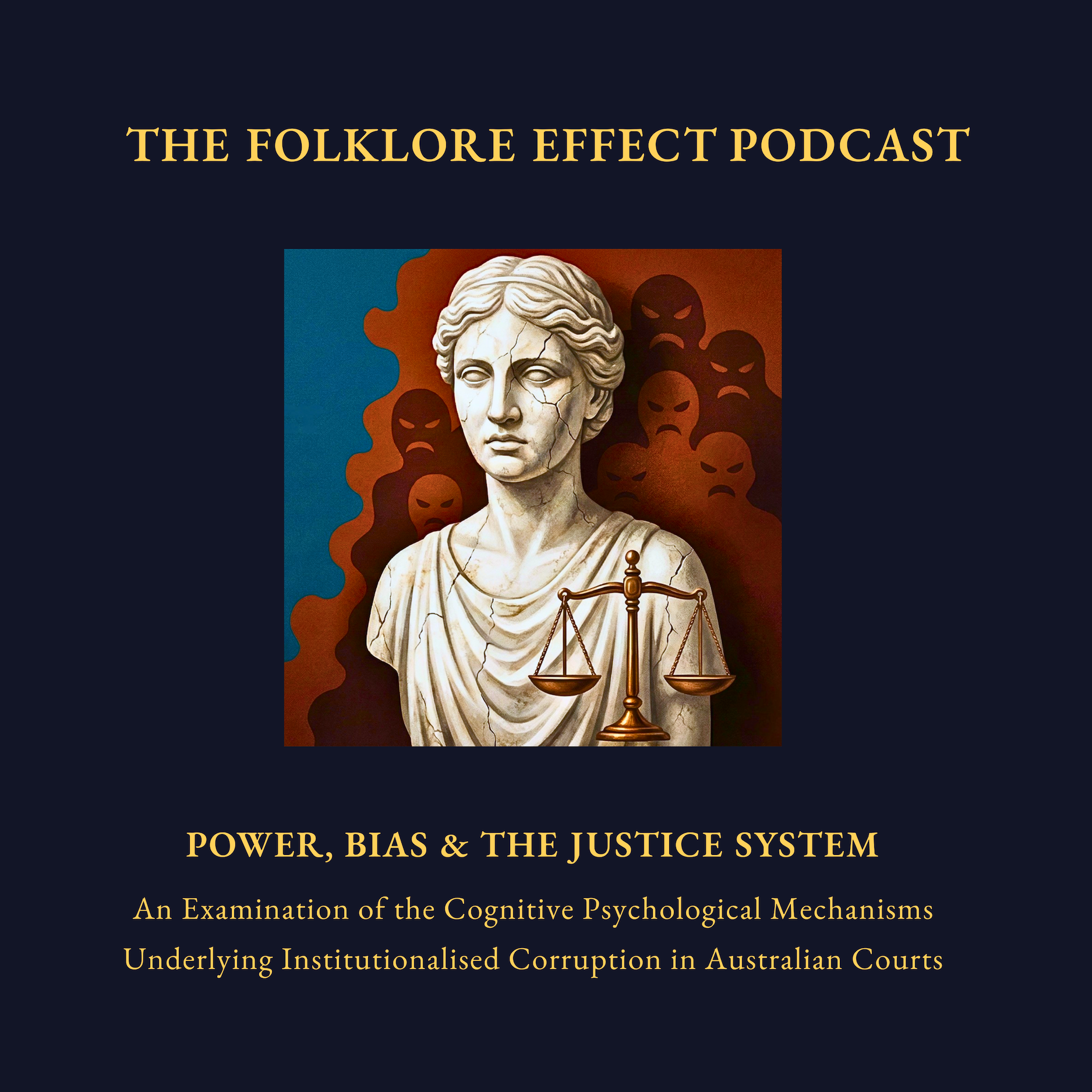This is some text inside of a div block.
Heading
Lorem ipsum dolor sit amet, consectetur adipiscing elit. Suspendisse varius enim in eros elementum tristique. Duis cursus, mi quis viverra ornare, eros dolor interdum nulla, ut commodo diam libero vitae erat. Aenean faucibus nibh et justo cursus id rutrum lorem imperdiet. Nunc ut sem vitae risus tristique posuere.
This is some text inside of a div block.






![[background image] image of frequently used legal tech software interface (for a legal tech)](https://cdn.prod.website-files.com/691388c353ccba32e1451388/692be4519b2ada3aa273c29d_Puppet%20Strings%20of%20Impunity.png)









![[background image] image of frequently used legal tech software interface (for a legal tech)](https://cdn.prod.website-files.com/691388c353ccba32e1451388/692dc83455e0d0c820fb1966_Litigant%20Addresses%20Court%20in%20Dramatic%20Scene.png)